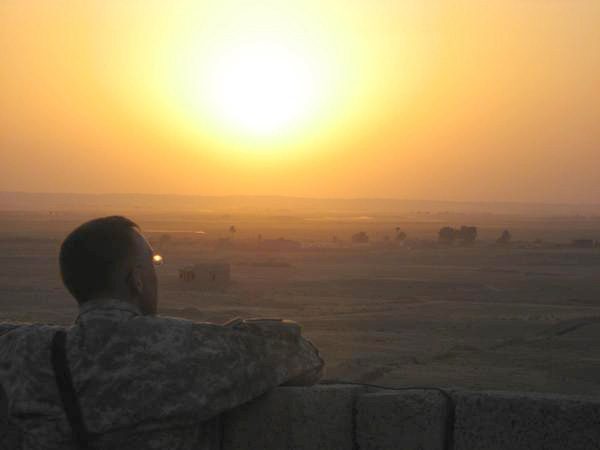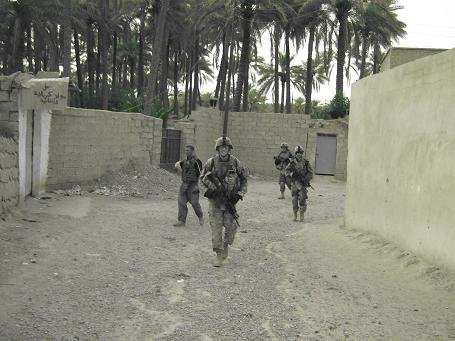
To call recent events at the U.S. Department of Veterans Affairs a “scandal” would be kind. First, veterans and civilians alike reeled upon discovering the vast backlog of veterans’ medical claims. More recently, deception regarding waiting lists at many VA hospitals across the nation shocked the public, and led to the resignation of VA Secretary Eric Shinseki this past May.
“Accessing the U.S. Department of Veterans Affairs may be a veteran’s most serious challenge to getting benefits and services there,” says Jim Lyall, a veteran of the Vietnam War and associate director for the Tulsa-based Community Service Council.
Where do these events leave the veterans of U.S. armed services, especially those in Oklahoma, a state that is home to one of the highest populations of veterans and National Guardsmen in the nation?[pullquote]“Approximately 20 percent of returning service members reportedly are returning with post-traumatic stress disorder (PTSD), another 20 percent with traumatic brain injury (TBI) and many with physical injuries.”[/pullquote]
“No state has deployed more soldiers per capita than Oklahoma,” says Carla Tanner, senior planner for the Community Service Council. “More than 63 percent of the National Guard has been deployed, either to Iraq or Afghanistan; over a third of those have been deployed multiple times. These National Guard or reservists often are faced with issues quite different from the ‘active duty’ soldiers. They leave and return, often without many of their co-workers, neighbors or friends recognizing that they left. When they return, they must fight for their jobs and reintegrate into their community without the supports that active-duty installations provide. Thus, they have an intense feeling of isolation. Their families lack the support they would usually receive at military installations.”
Regardless of the vehicle through which a veteran serves, none return from a conflict unchanged, she says.
“Approximately 20 percent of returning service members reportedly are returning with post-traumatic stress disorder (PTSD), another 20 percent with traumatic brain injury (TBI) and many with physical injuries. The returning vets report struggles with finding jobs, behavioral health issues, family struggles and feelings of severe hypervigilance, isolation and homelessness,” Tanner says.
For many soldiers who have returned from Operation Iraqi Freedom and Operation Enduring Freedom, their homecoming offers little relief. Despite a staggering array of addictions, mental illness and trauma, they often loathe seeking treatment.

“In Oklahoma, a major challenge that veterans and the community must address is the aftermath of the multiple deployments of the Oklahoma National Guard and reservists,” says Rose Ewing, planning director of the Tulsa County Veterans Treatment Court. “Many of these veterans suffer with issues of PTSD, TBI and other mental health challenges, including depressive disorders and suicidal ideation. Many veterans live and breathe the warrior’s ethos of ‘don’t show weakness, don’t ask for help, don’t admit you’re struggling.’ To deal with these symptoms, many veterans turn to alcohol and drugs to manage.”
Veterans face many other problems.
“Many veterans cannot manage being exposed to large crowds, loud noises or unexpected movements due to their combat experience. This leads to many adjustment issues and creates difficulty in domestic situations and maintaining employment,” Ewing adds.
Negative perceptions of seeking help often keep veterans from asking for it.
“A huge barrier for veterans needing behavioral health help is the stigma that exists,” Tanner says. “They fear that having a record of receiving behavioral health services will keep them from furthering their military career or hinder their ability to develop a career in the police or fire departments.”























